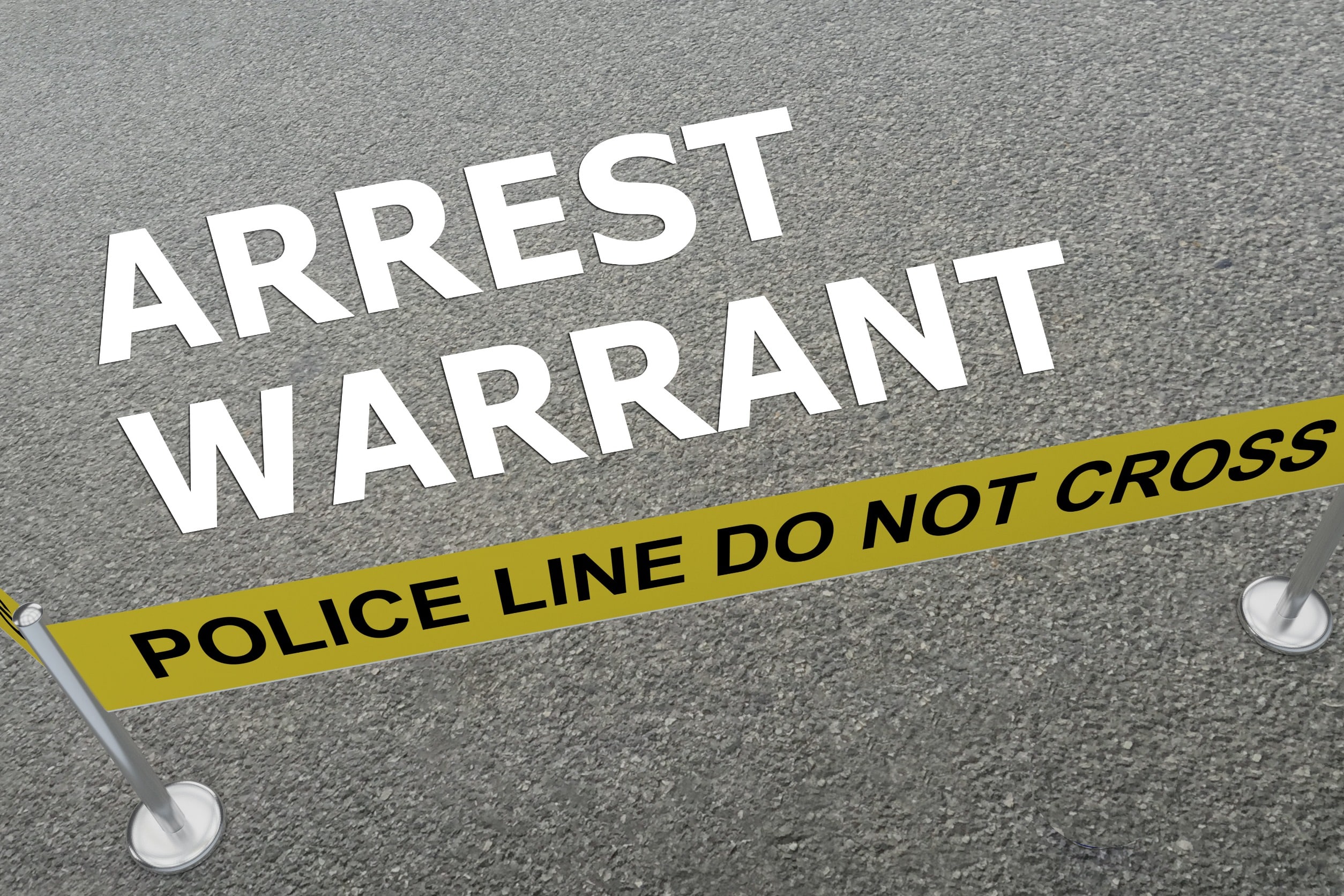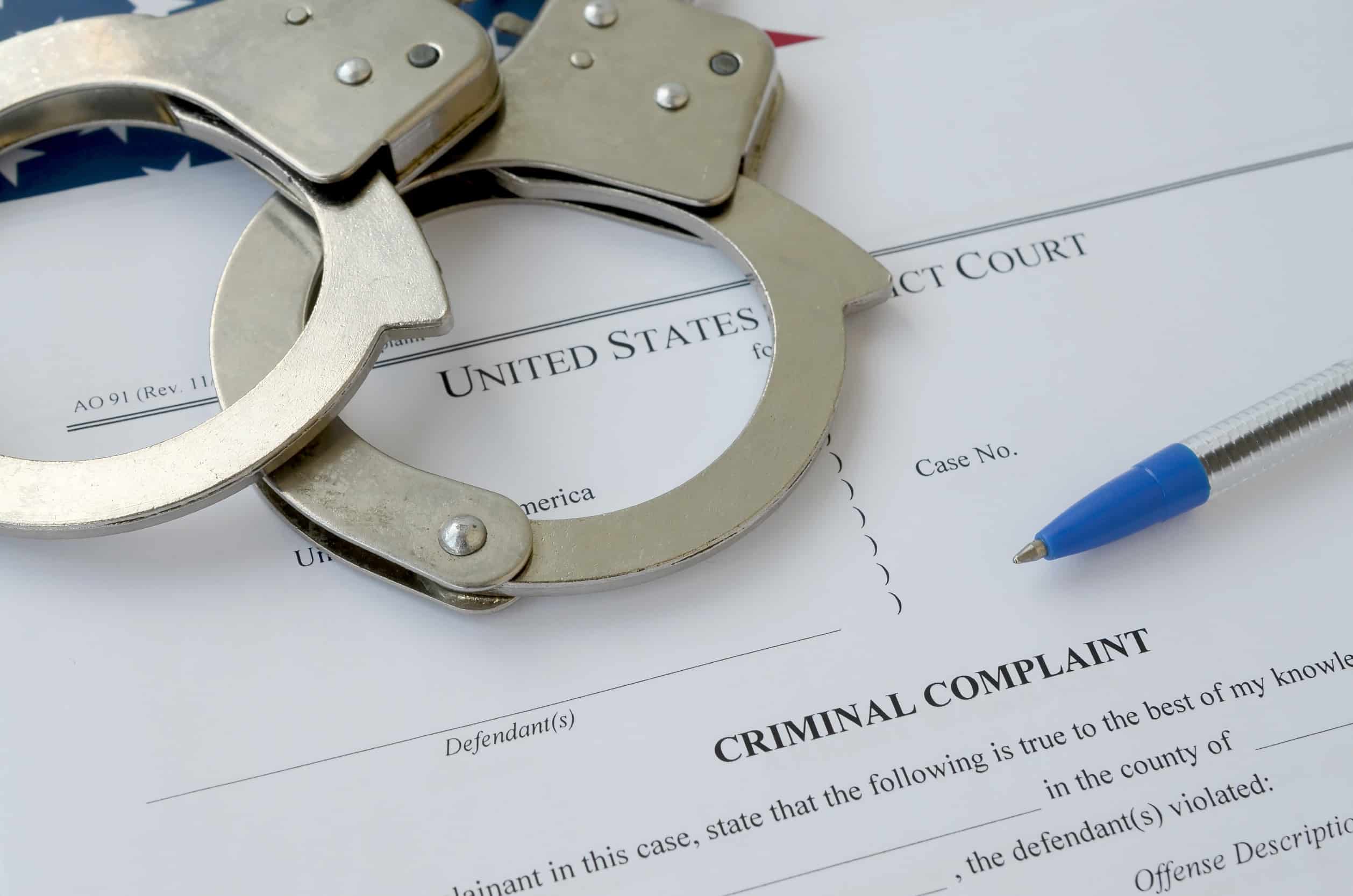 Federal law enforcement agencies such as the FBI, ATF, and DEA are authorized to investigate criminal activity on behalf of the U.S. government. They gather evidence against a person they believe has committed a crime and then take the evidence to a federal magistrate to get a warrant for their arrest. The U.S. Marshals Service will then carry out the warrant.
Federal law enforcement agencies such as the FBI, ATF, and DEA are authorized to investigate criminal activity on behalf of the U.S. government. They gather evidence against a person they believe has committed a crime and then take the evidence to a federal magistrate to get a warrant for their arrest. The U.S. Marshals Service will then carry out the warrant.
You may not know the government is investigating you until there’s a warrant for your arrest, which makes many people very uneasy. After all, you don’t want to be unsuspectingly in your home when the Marshals come knocking.
If you think you are under federal investigation or that there’s a warrant for your arrest, is there any way to check?
Read on to find out what you need to know.
What Is a Warrant?
When a law enforcement agency believes they have gathered enough information against a person to arrest them, they must get an arrest warrant. A warrant will include your name or a description of the person if the name is unknown. The warrant will also have a description of the charges along with the signature of the magistrate judge. A federal Marshal or anyone authorized by the courts to serve a federal summons can execute the arrest warrant once gathered and signed.
Is There a Warrant Out For You?
How do you know if there is a warrant for your arrest?
The usual way is that law enforcement shows up at your door and serves you with the warrant, goiving them the authority to enter your residence and detain you.
However, some believe they are under federal investigation long before this happens.
If you suspect you are under federal investigation, then the best thing you can do is hire a lawyer with the experience required to help you understand your rights. Though this may not stop a warrant from being issued, it can help you prepare for the things coming your way. Just make sure you choose an attorney with experience in federal crimes to defend your federal cases.
The U.S. Marshal’s Service Warrant Information System contains a database of federal warrants, court records, and other documentation of cases. These classified records are not easily accessible to the public. The court will not notify you in advance if you have a warrant for your arrest unless you receive a letter informing you of the warrant. A person may also receive prior knowledge of the warrant if another person related to the case is arrested, which is rare. It is always best to consult with an attorney if you have any reason to believe you are under federal investigation or if a court issues a warrant for your arrest.
If you have an outstanding federal warrant for your arrest, then get an attorney right away. They can reach out to the U.S. Marshals and arrange for your surrender. You can escape the embarrassing spectacle of arrest at your home or business. So, don’t delay finding experienced counsel to represent you in your case – your future may depend on it.




